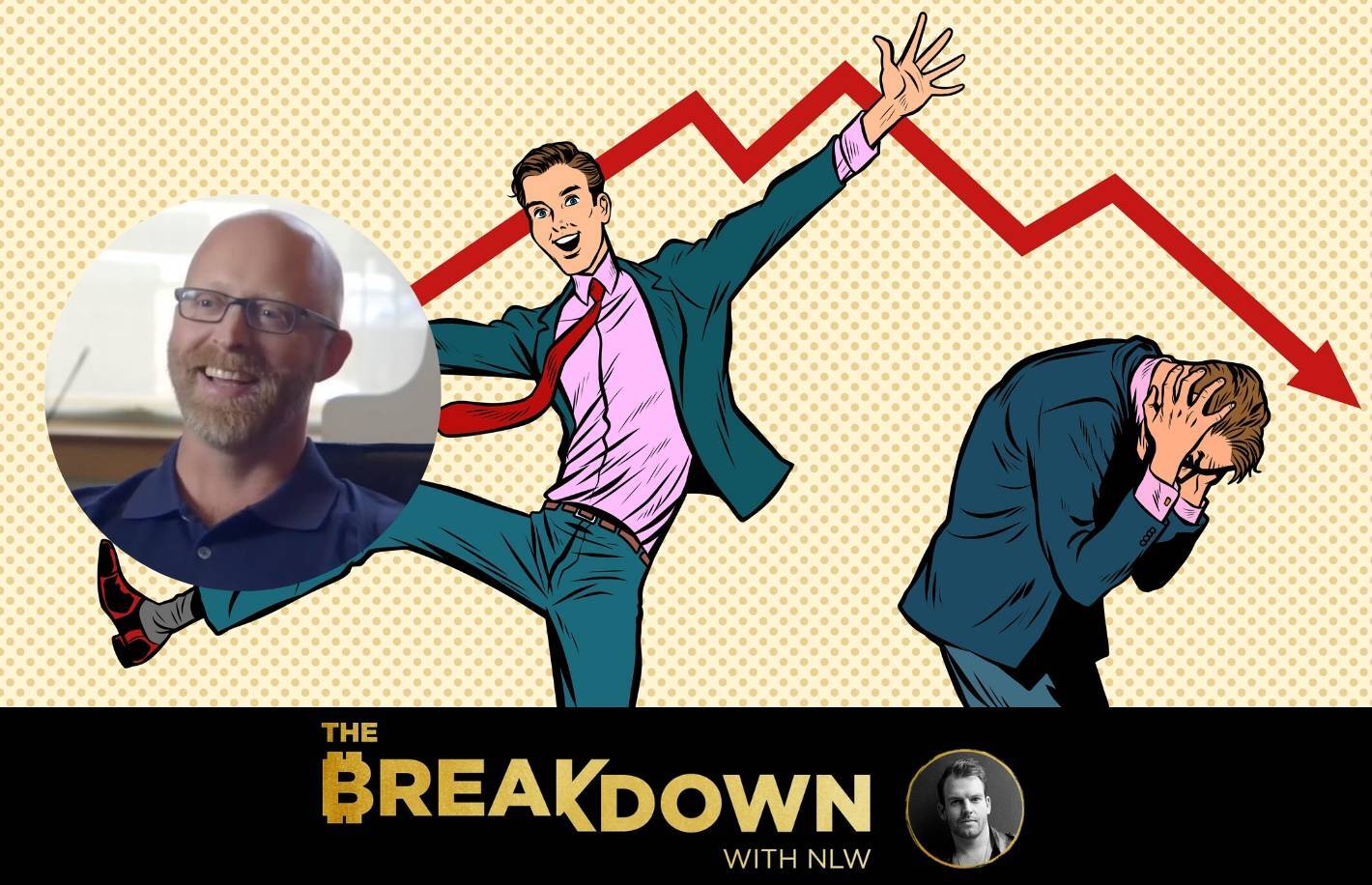Shapeshifting Justice: The SEC’s Weakest Case Yet
What is the point of a $275,000 fine? This week, crypto OG Erik Voorhees’ exchange ShapeShift settled charges with the U.S. Securities and Exchange Commission (SEC) over alleged securities law infractions. The exchange, which decentralized its ownership structure by launching a DAO that oversees operations in 2021, agreed to pay a $275,000 fine to settle the charges, neither agreeing nor denying guilt.
This is an excerpt from The Node newsletter, a daily roundup of the most pivotal crypto news on CoinDesk and beyond. You can subscribe to get the full newsletter here.
The settlement is a curious case, raising more questions than it answers — and not just because two of the five SEC Commissioners, Hester Peirce and Mark Uyeda, wrote a scathing rebuke of the outcome. Namely the settlement fails to state whether the way ShapeShift currently operates is legal, and forced a no longer operational business to register as a “dealer” (i.e. “any person engaged in the business of buying and selling securities”).
Between 2014 and 2021, ShapeShift bought cryptocurrencies and sold them to clients, making money off of the spread. While the SEC said that this “vending machine”-like business model was effectively ShapeShift trading against its clients, the commission did not “allege any harm,” Peirce and Uyeda wrote in a dissenting opinion.
“It is entirely unclear how ShapeShift was to discern that the Commission would consider crypto assets generally—and any crypto asset in particular—a security in the form of an investment contract. Even now, ten years on, it is hardly more discernible,” the dissenting commissioners write.
This is par for the course for the SEC under Chainman Gary Gensler, who has taken the view that nearly all cryptocurrencies are securities and therefore fall under its purview. Not only was the agency unspecific about which assets ShapeShift illegally listed, but it failed to explain its reasoning. “We respectfully request that the Commission show its work,” Peirce and Uyeda said.
To be fair, in the past, the SEC has stated that specific assets, including SOL, XRP, Telegram’s TON, Algorand’s ALGO and dozens and dozens of other tokens in its various lawsuits against crypto companies like Coinbase, Kraken and LBRY.
But, as many industry participants have said, the SEC has also made it incredibly difficult to actually register a token as a security or a company to register as a broker. Notably, Voorhees personally settled with the SEC in a decision that does not recognize ShapeShift’s governance token FOX to be a security.
Pierce and Uyeda wrote out a dramatized scene showing how these hypothetical conversations tend to work:
Future ShapeShift (“FSS”): Hello, I would like to register as a dealer.
FSS: Because I think some of the assets that I plan to deal might be deemed at some point by the SEC to be securities.
FSS: I’m not sure because I can’t really understand what criteria you use to decide whether a token offering is a securities transaction and, if it is, whether the token that was the subject of the investment contract remains a security in secondary market transactions.
SEC: Well, if you don’t know whether you’re dealing in securities, you can’t register. And by the way, if some of the assets you’re dealing in are not securities, you also can’t register.
FSS: So can you help us think through which assets are securities?
SEC: No. We suggest that you read the 2017 DAO report,[3] and it will all be clear to you. You can also look at our enforcement actions if you want.
FSS: I read it, and I’ve read about your enforcement actions. I still have questions.
FSS: I did, and the lawyer has even more questions.
SEC: Sorry, we cannot help any more than we already have. We don’t give legal advice.
Not only is the order odd in its lack of specifics and weak penalty, but it also targets an innovative company that has previously tried to stay aboveboard.
In 2018, for instance, the exchange decided to implement know-your-customer (KYC) protections and delist privacy tokens including monero and zcash in a response to anti-money laundering (AML) concerns raised in a Wall Street Journal report that alleged ShapeShift had processed over $9 million from suspected criminal entities over a two-year period. It is one of the oldest running exchanges, and largest to date to decentralize ownership to FOX holders.
Industry publication Protos reported that the settlement could be part of a long running strategy to dish out “slaps on the wrist” to crypto companies, building precedent in case history for future or ongoing lawsuits.
Whatever the case, Peirce and Uyeda might have the best take: “Cases like this do not protect investors; they intimidate innovators and entrepreneurs.”









